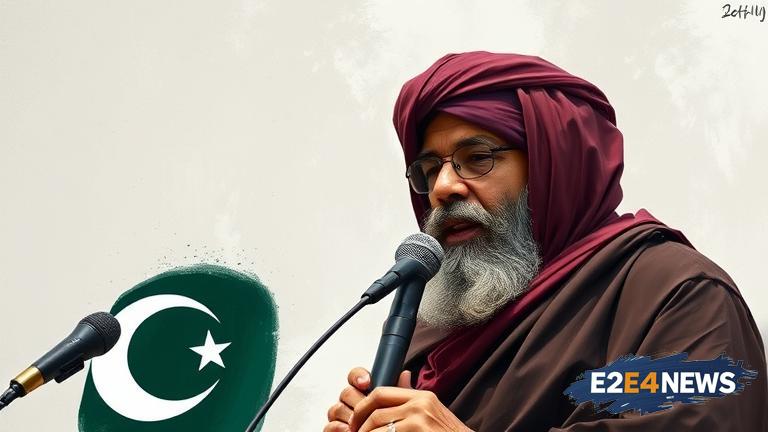A Baloch human rights activist has slammed Pakistan’s Foreign Minister for his recent remarks on the 1971 Bangladesh genocide, calling them ‘insensitive’ and ‘misleading’. The activist, who has been a vocal critic of Pakistan’s human rights record, said that the Foreign Minister’s comments were an attempt to downplay the atrocities committed by the Pakistani military during the Bangladesh Liberation War. The 1971 genocide, which resulted in the deaths of an estimated 300,000 to 3 million people, is considered one of the most horrific examples of state-sponsored violence in recent history. The activist argued that Pakistan’s continued denial of its role in the genocide is a slap in the face to the victims and their families. The Foreign Minister’s remarks were made during a recent interview, in which he claimed that the genocide was ‘exaggerated’ and that Pakistan had been ‘unfairly blamed’ for the atrocities. The activist said that such comments only serve to perpetuate the culture of impunity that has allowed perpetrators of human rights abuses to go unpunished. The Baloch activist also criticized the Pakistani government for its treatment of minority groups, including the Baloch people, who have faced decades of repression and violence at the hands of the state. The activist argued that the Pakistani government’s actions are a clear example of its disregard for human rights and its willingness to use violence to maintain its grip on power. The controversy surrounding the Foreign Minister’s remarks has sparked outrage and debate, with many calling for him to apologize and retract his statements. The incident has also highlighted the need for greater accountability and transparency in Pakistan’s human rights record. The Baloch activist’s comments have been widely shared on social media, with many praising their courage and conviction in speaking out against injustice. The incident has also drawn attention to the ongoing human rights crisis in Balochistan, where activists and journalists have faced intimidation, arrest, and even death for speaking out against the government. The Pakistani government has been accused of using forced disappearances, torture, and extrajudicial killings to silence dissenting voices in the region. The Baloch activist’s criticism of the Foreign Minister’s remarks has been seen as a significant moment in the struggle for human rights in Pakistan, and has highlighted the need for greater international pressure on the government to respect the rights of its citizens. The incident has also sparked a wider debate about the role of governments in perpetuating human rights abuses, and the need for greater accountability and transparency in international relations. The Baloch activist’s comments have been widely reported in the media, and have sparked a wave of solidarity and support from human rights activists and organizations around the world. The incident has also highlighted the importance of social media in amplifying the voices of marginalized communities and promoting human rights awareness. The controversy surrounding the Foreign Minister’s remarks has also drawn attention to the need for greater education and awareness about the 1971 Bangladesh genocide, and the importance of remembering and honoring the victims of this atrocity. The Baloch activist’s criticism of the Pakistani government’s human rights record has been seen as a brave and necessary step towards promoting justice and accountability in the region. The incident has also sparked a wider debate about the role of activism and advocacy in promoting human rights, and the need for greater support and solidarity for human rights defenders around the world.
